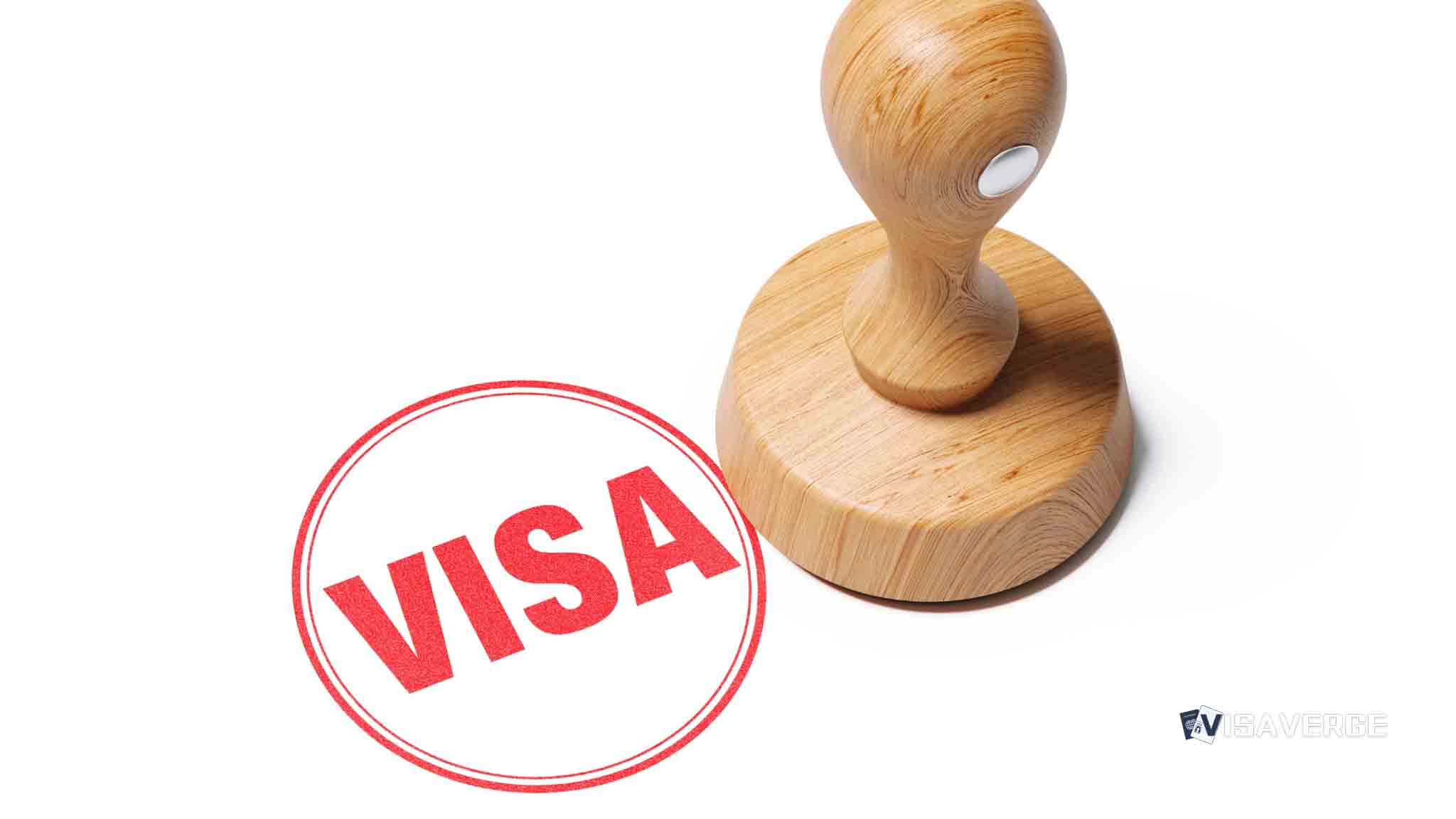India’s Ministry of External Affairs has urged citizens to stay away from fraudulent job offers linked to travel to Iran, after Tehran suspended visa-free entry for Indian ordinary passport holders and now requires visas for both entry and transit starting 22 November 2025. The step effectively suspends a visa exemption many Indian tourists relied on, and follows a sharp rise in cases where Indians were lured to Iran with fake promises of high pay or easy onward routes to Gulf and European countries—only to be kidnapped on arrival by criminal gangs demanding ransom from families back home.
What changed: visa rules and scope
- Previously, Indian tourists with ordinary passports could enter Iran without a visa once every six months for stays of up to fifteen days.
- The old system excluded people seeking work or those using Iran only as a transit point, but criminal groups exploited the short-stay rule for trafficking and ransom schemes.
- From 22 November 2025, all Indian nationals must obtain a visa in advance for:
- Tourism
- Any transit stop in Iran on the way to another country

Officials say the new rule is intended to close the door on networks that moved people on promises of quick jobs or cheap onward tickets, then detained victims and pressured relatives in India to send large sums.
Ministry of External Affairs advisory
The MEA warns citizens to treat any job offer involving travel to Iran with extreme caution and to avoid agents who claim they can still arrange visa-free entry or easy transit through Iranian airports. Key points:
- Visas must be arranged only through official channels and authorised processes—not through small travel shops or unregistered brokers (local markets or online).
- The ministry urges people to cross-check overseas job offers via official government channels, including the information on the Ministry of External Affairs website.
- Report suspicious recruitment agents immediately, especially those promoting circuitous routes through Iran en route to Gulf or European destinations.
Important: From 22 November 2025, failing to have the correct visa for Iran may result in denial of boarding for onward flights or detention by local authorities.
How the scams operated
Officials report a consistent pattern in these scams:
- Recruitment and contact
- Victims (often from smaller towns) were approached via social media posts or local recruiters.
- Promises included salaries far above local rates and fast processing.
- False documentation
- Agents provided fake offer letters and false employment contracts.
- Workers were told formal paperwork would be completed after arrival in Iran or a nearby Gulf state.
- Arrival and exploitation
- Some travellers found no real job existed.
- Others were kidnapped by criminal gangs, who then demanded heavy ransom payments from families—sometimes threatening violence if money did not arrive quickly.
An analysis by VisaVerge.com identifies frequent scam elements: promises of high pay and fast processing, pressure to hand over passports, and agents disappearing once the worker was overseas.
Impact on tourists, pilgrims, and travel industry
The suspension of visa-free entry affects legitimate travellers as well:
- Tourists and pilgrims, including many Indian Shia pilgrims who relied on short, visa-free stays, will now face:
- Additional time and cost for visa processing
- Potential need to update travel documents for trips booked after 22 November 2025
- Tour operators and airlines may face waves of refund requests and itinerary changes from passengers unaware of the new requirement.
Risks and recommendations
Officials stress that criminal networks exploited the perception of easy entry to move people with minimal oversight. Without regular employment paperwork, victims were easier to control, fearing immigration penalties if they sought help.
Recommendations and warnings:
– Treat any job offer that “sounds too easy” with suspicion.
– Never hand over passports or pay large fees to unlicensed agents.
– Verify recruitment through official government sources (see Ministry of External Affairs).
– Avoid booking cheap tickets that involve long layovers in Iranian airports without confirming new visa rules.
– Report suspicious recruiters or incidents to Indian missions or the MEA immediately.
Warning: Many families have already suffered both financial loss and fear for the safety of relatives abroad—some borrowed heavily to pay middlemen and now face devastating consequences.
Why Iran changed the policy
Iran’s decision to end the waiver for Indian tourists was driven by the misuse of the visa-free system by organised criminal networks. Officials say:
- Traffickers used visa-free entry to build trust and move people quickly across borders.
- The lack of proper employment paperwork made victims vulnerable to exploitation and less likely to seek help.
- By enforcing a stricter visa regime, Iranian authorities aim to limit abuses and make large-scale, rapid trafficking more difficult.
For many families, the rule change is a harsh reminder of how quickly overseas plans can collapse when authorities tighten rules in response to crime. As the MEA and travel specialists advise: check every detail with official sources before paying money or handing over a passport—because ignoring these warnings can cost both money and lives.
This Article in a Nutshell
Iran will require Indian ordinary passport holders to obtain visas in advance for entry and transit from 22 November 2025. The move responds to organised criminal networks that exploited visa-free short stays to lure Indians with false job offers, then detained and extorted families for ransom. The MEA warns citizens to use official visa channels, verify job offers through government sources, avoid unlicensed agents, and report suspicious recruiters. The rule affects tourists, pilgrims, travel operators and may cause additional costs, itinerary disruptions, and stricter enforcement at airports.













